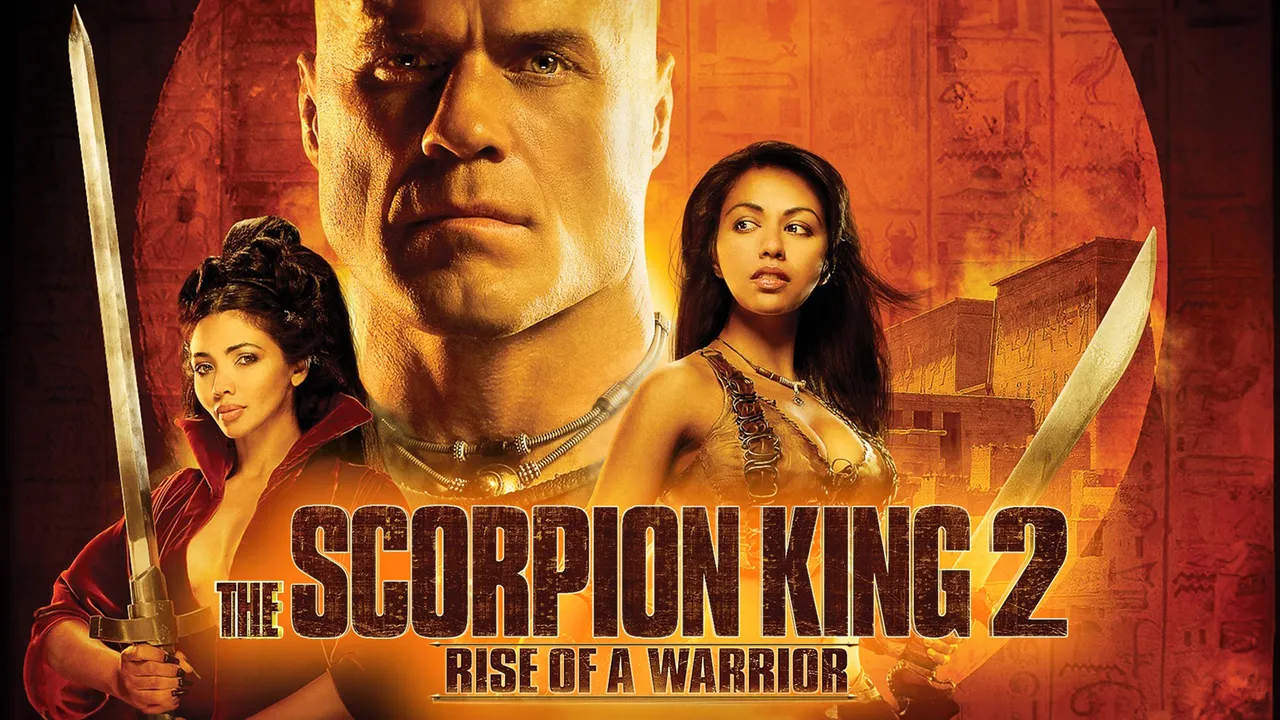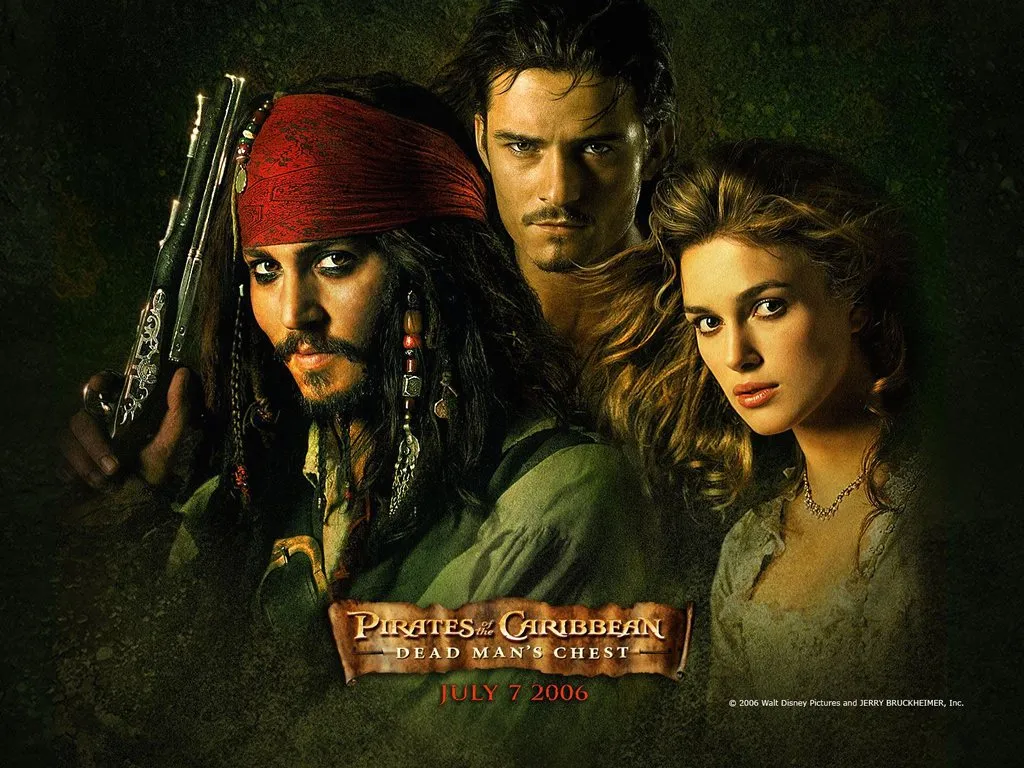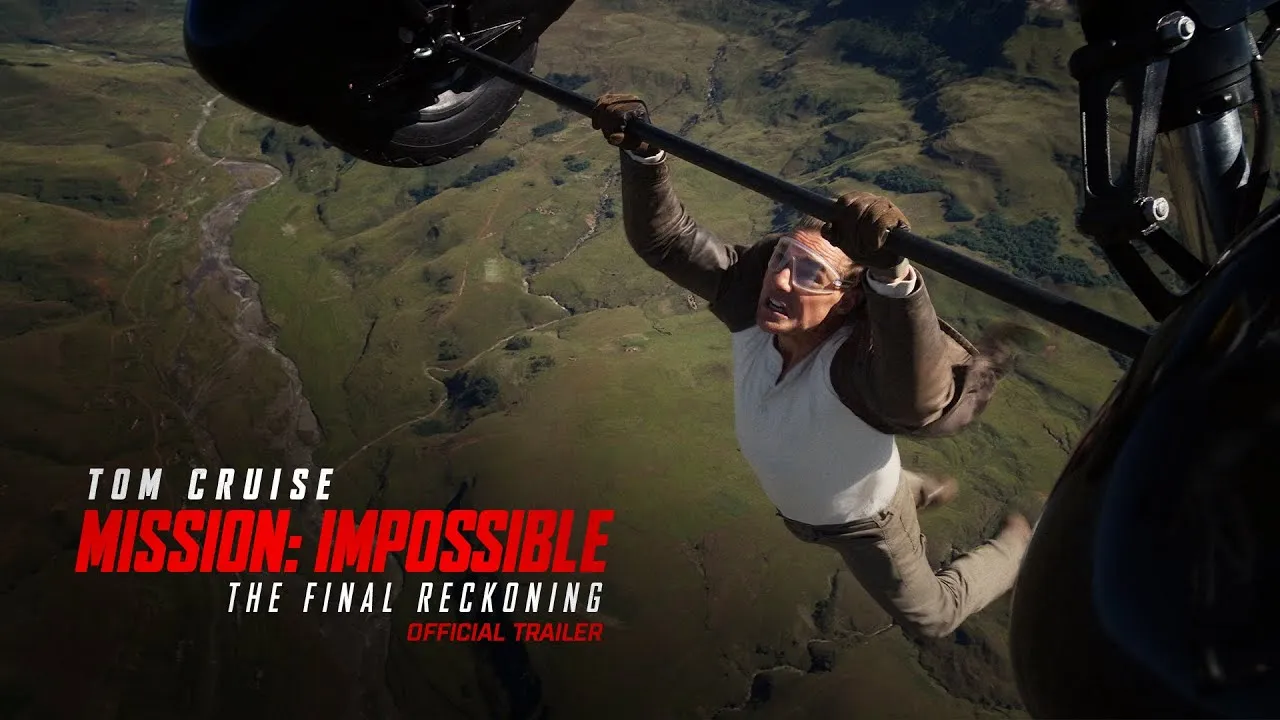When the war ended, their silence began — until two strangers arrived to break it.
In the sweltering heat of a summer afternoon in 1945, a small Hungarian village finds itself on the brink of a moral reckoning. The war has ended, but its shadow still clings to the streets and the hearts of its people. Two mysterious Jewish men arrive on a train, carrying large crates, their presence stirring whispers and unease. To the villagers, their return threatens to unravel the fragile sense of peace they’ve tried to rebuild, bringing buried secrets back to the surface.
The local officials, fearing what the men might demand or reveal, scramble to protect their own interests. The town clerk, in particular, grows increasingly paranoid, convinced that the visitors are here to reclaim property once stolen from their families during the chaos of the war. His anxiety spreads like wildfire, infecting neighbors who were complicit in the past and would prefer that history remain silent.

As the hours tick by, the tension escalates. Every glance, every hushed conversation in the marketplace carries the weight of guilt and suspicion. The film, shot in haunting black-and-white, captures this mounting pressure with breathtaking restraint, making the viewer feel like an unseen witness to a slow-burning moral collapse. The oppressive heat mirrors the suffocating burden of unconfessed sins.
The two men, meanwhile, go about their business quietly, never raising their voices nor confronting the townsfolk directly. Their dignity in silence becomes a sharp contrast to the panic unraveling in the village. Through their calm presence, the film forces the audience to confront the question: is guilt born from what one has done, or from what one has chosen not to undo?
![1945' Is A Heady WWII Movie About Complicity [Review]](https://cdn.theplaylist.net/wp-content/uploads/2017/10/14231019/1945-2017.jpg)
By the time the truth is revealed, it’s clear that the story isn’t just about two visitors — it’s about a community forced to face its own reflection in the mirror of history. Director Ferenc Török crafts a tense, poetic meditation on memory, justice, and the way the past refuses to stay buried. The train’s arrival is less an act of intrusion than an inevitable reckoning long overdue.
"1945" is not a loud war drama filled with battle scenes, but rather a quiet, devastating exploration of the human conscience. In its simplicity lies its power — the kind of story that lingers long after the final frame, reminding us that wars may end, but their moral consequences echo for generations.



